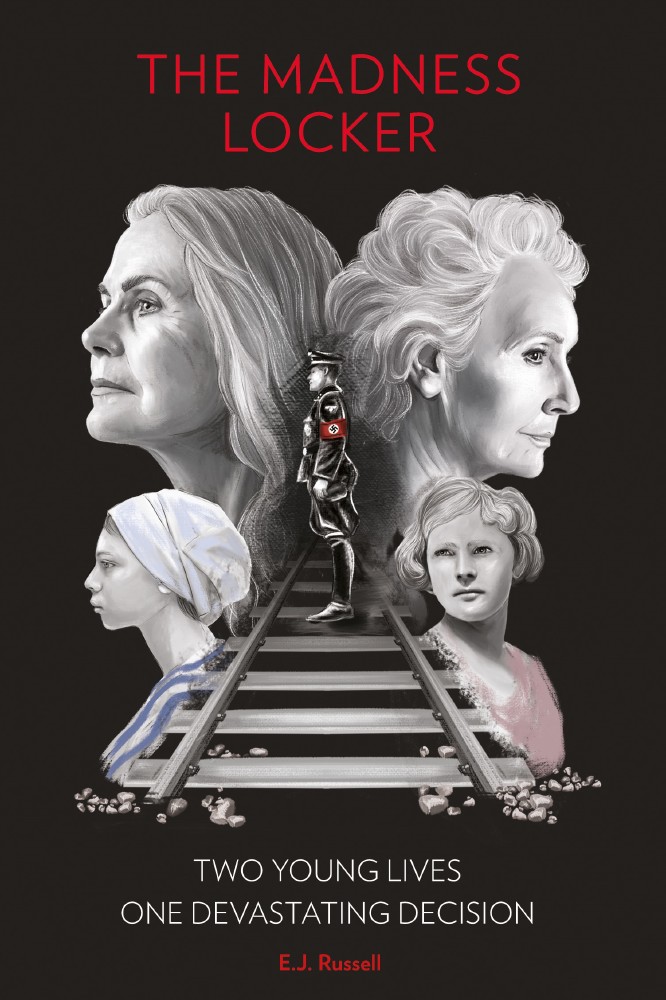It was the second year of my creative writing degree. I had transitioned out of software into creative writing. A peculiar choice, you may wonder. But I had long had the yearning to write fiction and now in my fiftieth year I had the time and means to undertake my passion.

The Madness Locker
Early on a cold and drizzly morning in July I was seated in the public gallery at the Glebe Coroners Court listening with rapt attention to the evidence surrounding the murder of a seventy-year-old widower. This assignment was to be the primary assessment for the True Crime unit of my degree. But the more I listened the less I thought of it as an assignment than an account that drew me in with its perplexity and tragedy.
The detective on the stand confessed to having no suspects and no motive despite a year-long intensive investigation. The apartment wherein she made her solitary life was undisturbed; nothing appeared to have been stolen and no one that knew her could think of any one that might harbour such hatred to want to murder her. And added to the violent act drag her corpse to the rubbish enclosure next to the parking area and stuff her body into a wheelie bin.
An ignominious way to dispose of a body, I thought to myself. Someone meant not just to do her harm but for her end to end disgracefully. Why?
Her daughter took the stand next and described how her mother had made her way to Australia from Germany in the midst of WWII. She had no family left back home. They were either scattered to places where she did not know or burnt in the ovens of the holocaust.
On my notes I underlined Jewish.
Was that important? I wasn’t sure. But I knew that unlike the police who searched for hard evidence I could elaborate a narrative that did not necessarily confine itself to the facts.
And so, I wrote the assessment. A nine-thousand-word story.
The seeds of the novel that was to become ‘The Madness Locker’ grew from that humble beginning and by the time I reached my masters degree I knew that I had to tell a more elaborate tale than just the one that drew on the meagre morsels that I had gleaned years earlier in the Coroners Court.
I envisioned that someone with a deeply held grudge despised the widower.
I started to think, but who would harbour such thoughts and carry such a malevolent grudge some fifty years later? And from that, the tale unfolded, spanning fifty years, and from Germany to Australia.
The motive that the police failed to unearth, from my way of thinking, was revenge. And the reason the apartment was left in an undisturbed condition was because there was another person present. Someone who cared to tidy up but did not want their presence known. Why?
The mystery to the source of the revenge, the other unknown individual and the entire plot came together in the novel that was to become ‘The Madness Locker’.
About the author
E.J. Russell holds a Masters of Creative Writing degree from the University of Sydney and is currently undertaking a PhD in the same discipline. His debut The Madness Locker is based on a true crime story which was never solved.

